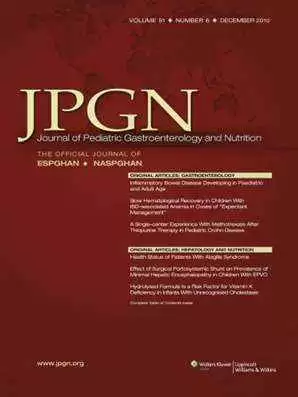
Celiac.com 08/17/2021 - Diagnosis for celiac disease is based on intestinal symptoms together with the evaluation of genetic (HLA-DQ2+ and/or DQ8+), serologic (anti-endomysium and antitransglutaminase autoantibodies), and histologic markers.
Because celiac disease is highly under-diagnosed, and tests are expensive and invasive, a team of researchers recently set out to analyze the expression of inflammatory genes in the intestine and saliva of celiac patients and controls to find salivary biomarkers that resemble the status of the intestinal epithelium and that could be used for diagnosis.
Celiac.com Sponsor (A12):
Though some efforts have been made to use saliva for celiac screening, no one has used gene expression analyses of celiac-related inflammatory cytokines. The researchers sought to leverage the saliva collection to set up HLA genotyping in this fluid, thereby increasing the diagnostic power of the gene signature.
The research team included M. Sebastian-dela Cruz; A. Olazagoitia-Garmendia; A. Huerta Madrigal; K. Garcia-Etxebarria; L. M. Mendoza; N. Fernandez-Jimenez; Z. Garcia Casales; E. de la Calle Navarro; A. E. Calvo; M. Legarda; C. Tutau; I. Irastorza; L. Bujanda; J. R. Bilbao; and A. Castellanos-Rubio.
To select potential biomarkers, the researchers quantified the expression of 92 inflammatory genes in intestinal and saliva samples from three celiac patients and three control subjects. Fourteen of the genes tested were expressed in all samples from saliva and small intestine. The team selected the eight inflammatory genes with the highest and most reproducible expression levels for subsequent analysis in intestinal and saliva samples from another 18 celiac patients and 21 non-celiac subjects.
All genes were expressed in the intestine, though a few genes could not be detected. To determine if inflammatory gene expression in saliva mirrors the state of celiac intestinal epithelia, the team compared gene expression between celiac and non-celiac patients in both tissues. Their results revealed that genes CXCL1 and IL1B were up-regulated in celiac biopsy specimens, while CXCL1 and IL1B showed increased expression in patient saliva samples.
The research team's analysis of intestine and saliva showed statistically remarkable correlation between the levels of these genes in both tissues, which indicates that the celiac-related changes of intestinal gene expression can be detected in saliva.
The researchers call for further study to determine if these or other changes in saliva gene expression are detectable in the gut or mouth of people with other conditions.
Read more in Cellular and Molecular Gastroenterology and Hepatology
The researchers in this study are variously affiliated with the Department of Genetics, Physical Anthropology and Animal Physiology, University of the Basque Country, UPV/EHU, Leioa, Spain; the Department of Pediatrics, University of the Basque Country, UPV/EHU, Leioa, Spain; the Biocruces Bizkaia Health Research Institute, Barakaldo, Spain; the Enfermedades Digestivas, Hospital de Galdakao-Usansolo, Galdakao, Spain; Biodonostia, Gastrointestinal Genetics Group, Centro de Investigación Biomédica en Red de Enfermedades Hepáticas y Digestivas, San Sebastian, Spain; Department of Gastroenterology, Biodonostia Health Research Institute, Universidad del País Vasco, Centro de Investigación Biomédica en Red de Enfermedades Hepáticas y Digestivas, San Sebastian, Spain; Hospital de Txagorritxu, Gasteiz, Spain; the CIBER de Diabetes y Enfermedades Metabólicas Asociadas, Instituto de Salud Carlos III, Madrid, Spain; and the Ikerbasque, Basque Foundation for Science, Bilbao, Spain.









Recommended Comments
There are no comments to display.
Create an account or sign in to comment
You need to be a member in order to leave a comment
Create an account
Sign up for a new account in our community. It's easy!
Register a new accountSign in
Already have an account? Sign in here.
Sign In Now